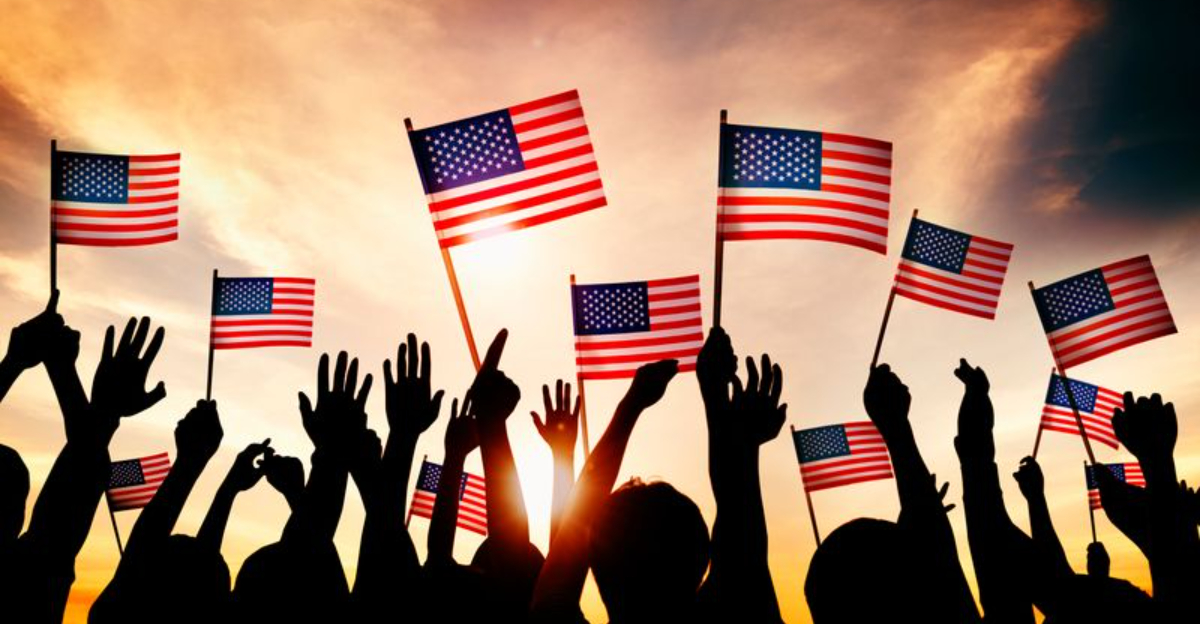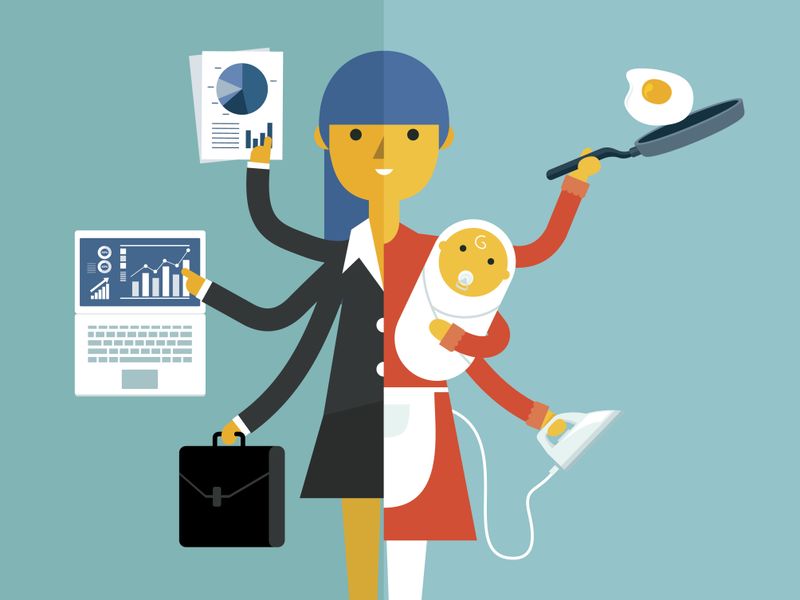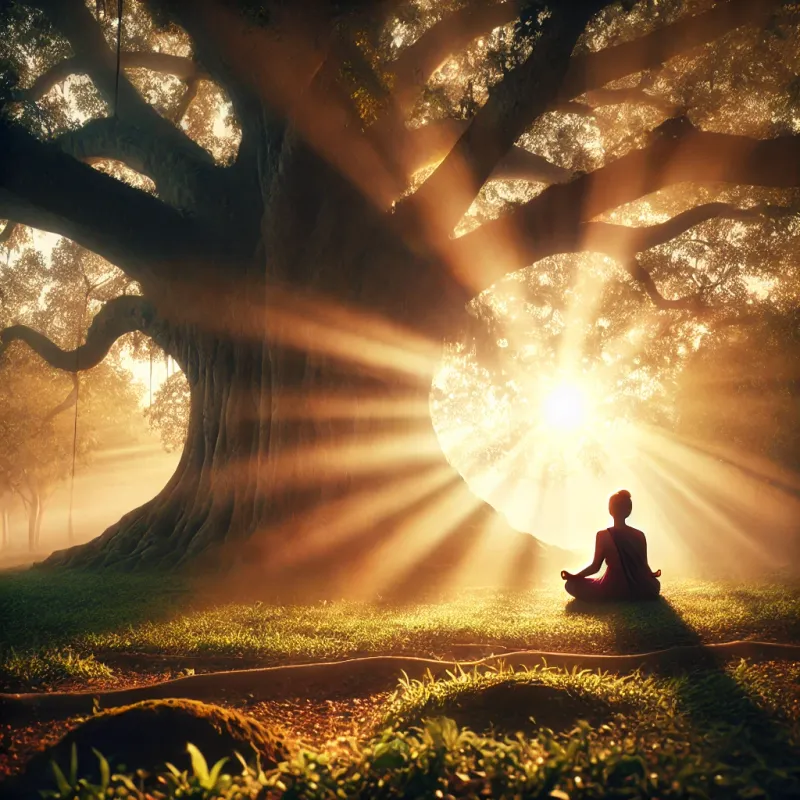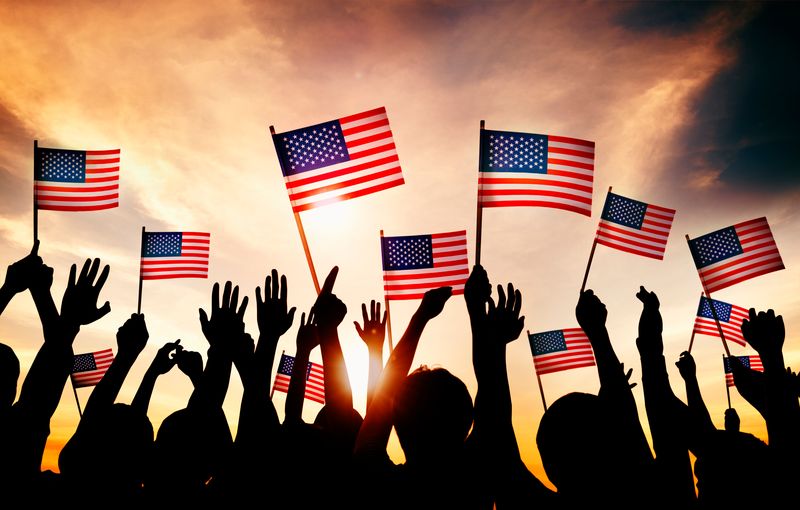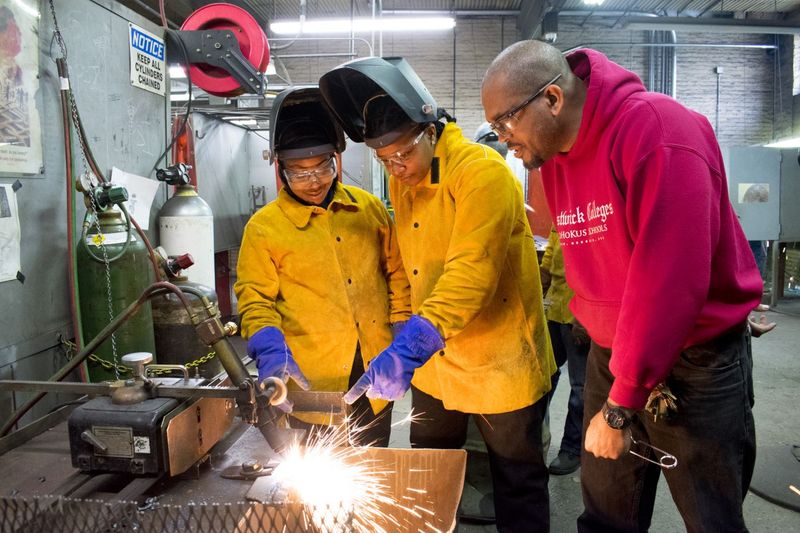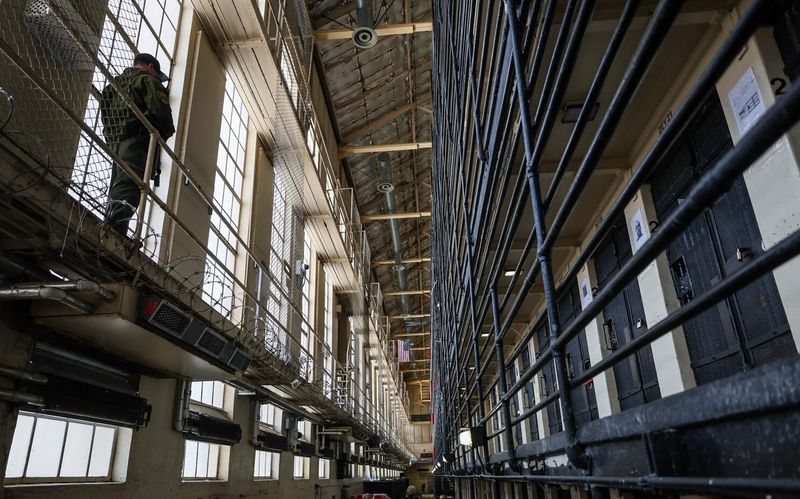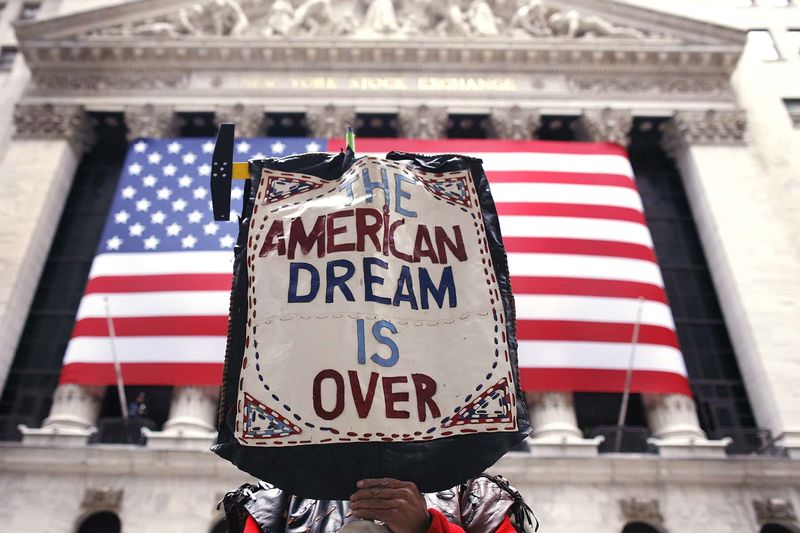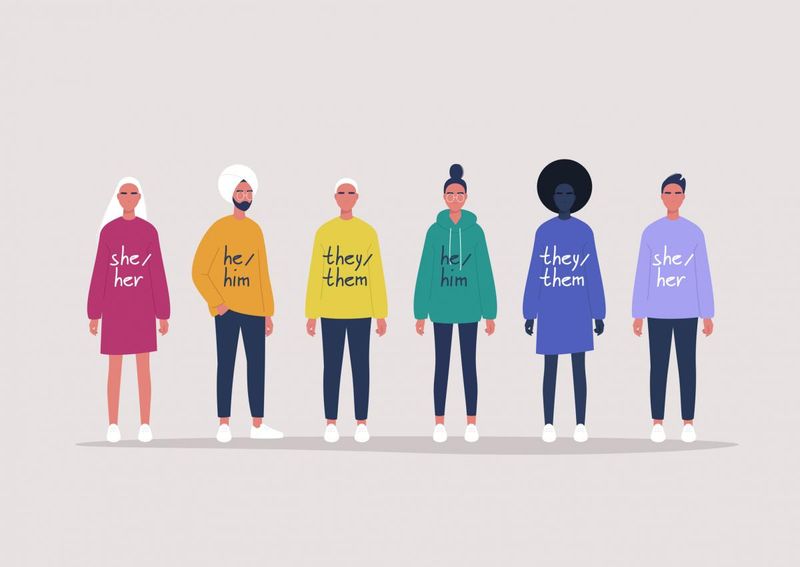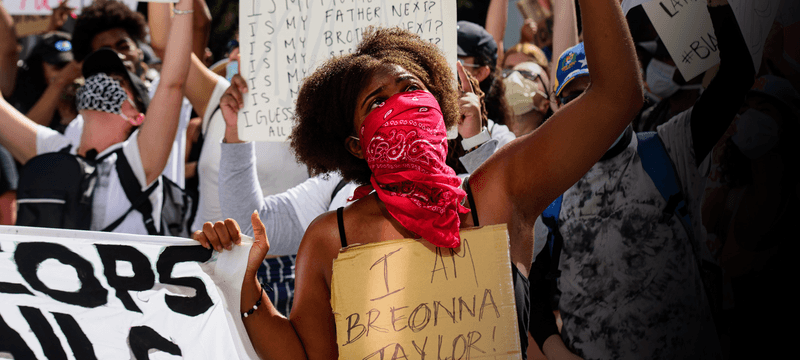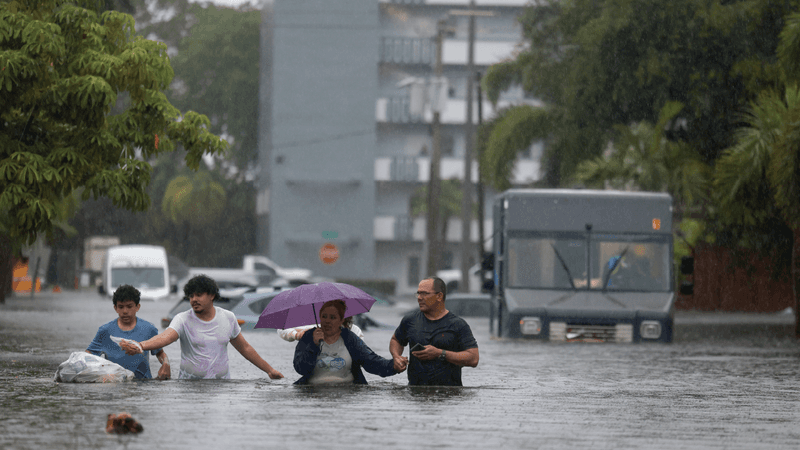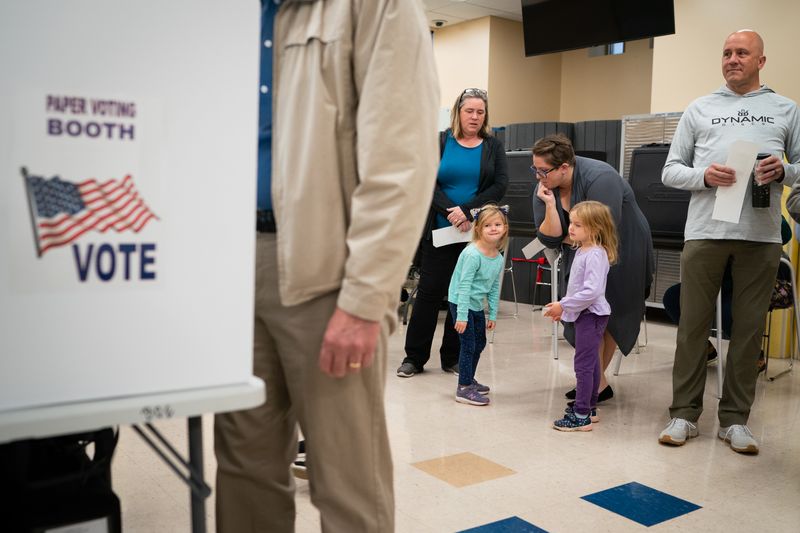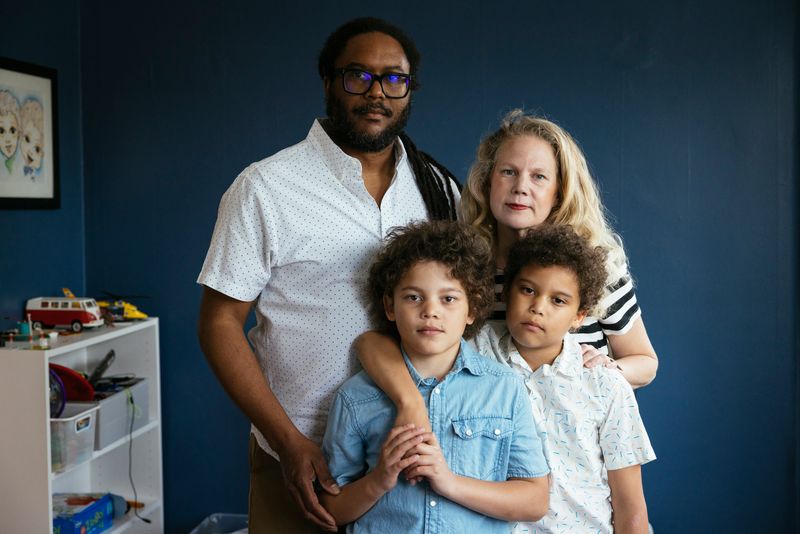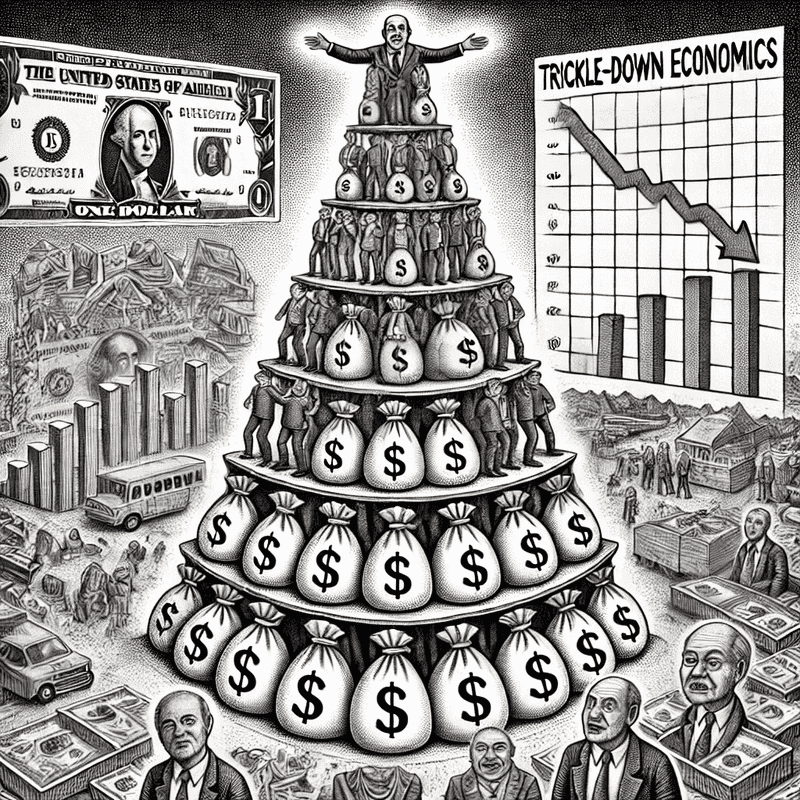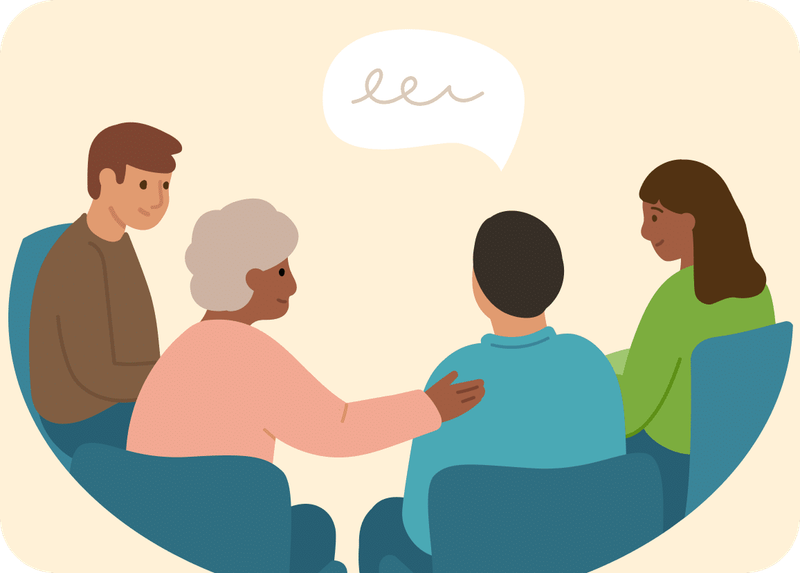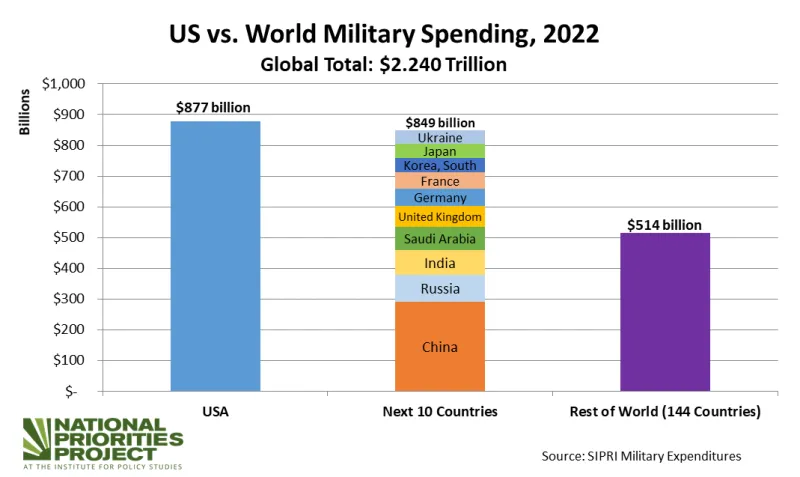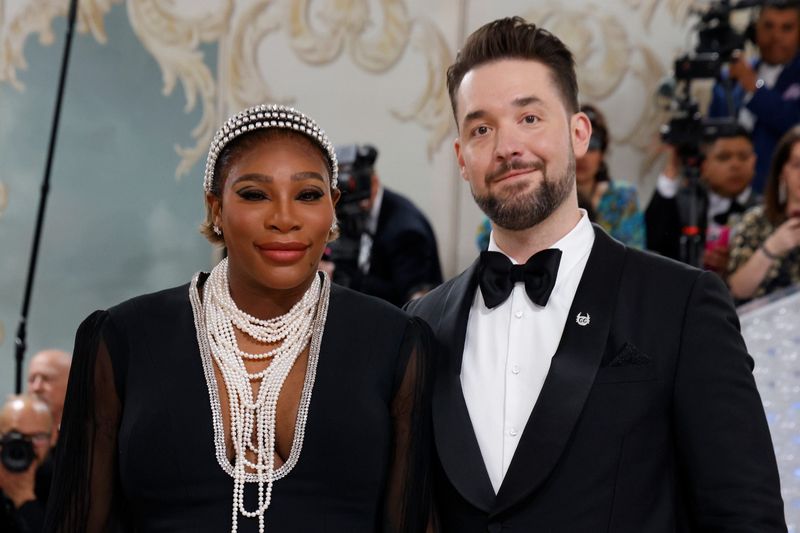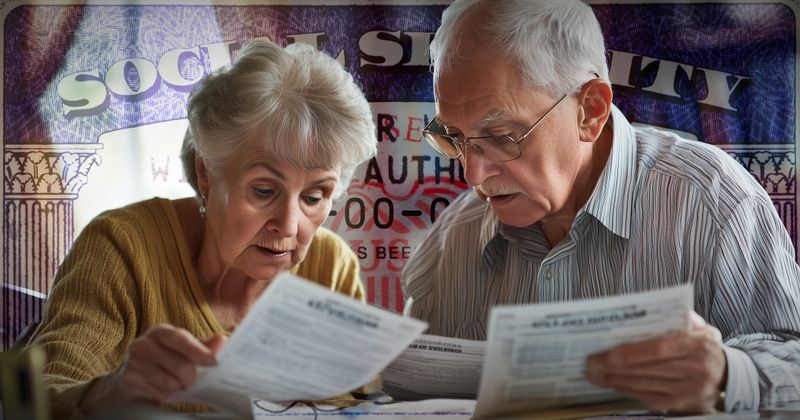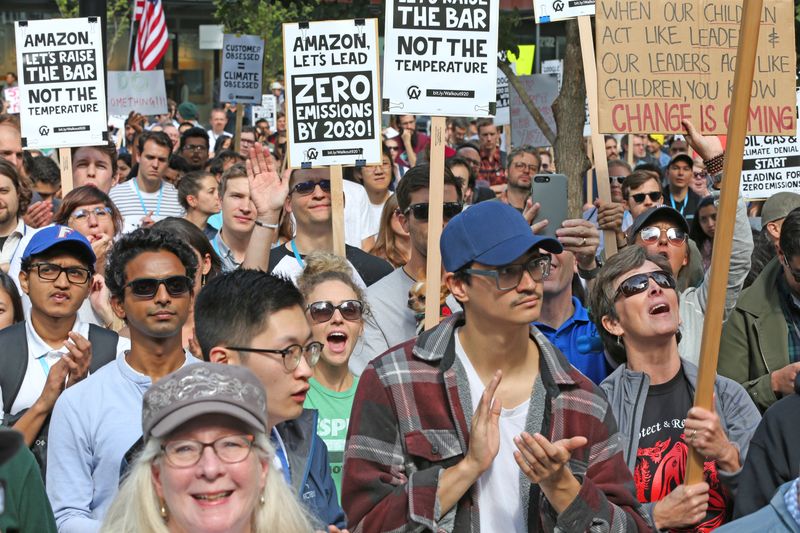American society is transforming faster than ever before. Our beliefs about family, work, religion, and politics are shifting dramatically as new generations face different economic and social realities.
From traditional values to modern perspectives, Americans are rethinking long-held assumptions and embracing new worldviews that better align with today’s challenges.
1. Traditional Gender Roles
The old blueprint of men as breadwinners and women as homemakers is fading fast. Young Americans increasingly view gender roles as flexible, with 71% of millennials supporting equal responsibilities at home and work. Career ambitions and household duties are now seen as personal choices rather than gender assignments. Couples frequently design their own arrangements based on individual strengths rather than outdated expectations.
2. Organized Religion
Church attendance has plummeted, with nearly one in four Americans now identifying as religiously unaffiliated. This dramatic shift represents a doubling of the “nones” population in just two decades. Many Americans now craft personal spiritual journeys outside traditional institutions. They’re seeking meaningful connections through meditation, nature, community service, or self-guided study rather than weekly services in houses of worship.
3. Marriage as a Life Necessity
The notion that everyone must marry to live a complete life is rapidly disappearing. Singles now represent nearly half of American adults, with many choosing fulfilling lives without matrimony. Financial independence, strong friendships, and personal growth have become valid alternative paths. People increasingly view marriage as just one of many possible life choices rather than a required milestone for happiness or success.
4. Patriotic Exceptionalism
The unwavering belief that America stands unquestionably superior to all other nations has eroded significantly. Younger generations take a more nuanced view of American strengths and weaknesses compared to other countries. Global metrics on healthcare, education, and quality of life have sparked honest conversations. Many Americans now advocate for learning from successful models abroad rather than automatically assuming American approaches are best.
5. College Guarantees Success
Skyrocketing tuition costs coupled with mixed employment outcomes have shattered the college-equals-success equation. Trade schools, coding bootcamps, and entrepreneurship now offer compelling alternatives to traditional four-year degrees. Student loan debt topping $1.7 trillion has forced a national reckoning. Employers increasingly value skills and experience over credentials alone, opening diverse paths to career success beyond university campuses.
6. Capital Punishment Support
American backing for the death penalty has fallen dramatically from 80% in the 1990s to barely 50% today. DNA exonerations of wrongfully convicted death row inmates have shocked the public conscience. Studies showing racial disparities in sentencing have further eroded confidence in the system. Many states have responded by abolishing capital punishment entirely or establishing moratoriums on executions while reassessing their justice systems.
7. Belief in the American Dream
The classic rags-to-riches story feels increasingly out of reach for many. Economic studies show declining mobility, with children less likely to outearn their parents than previous generations. Housing costs in opportunity-rich areas have skyrocketed beyond reach for average earners. Americans are redefining success in more personal terms – work-life balance, meaningful experiences, and community connections often trump pure financial achievement.
8. That the U.S. is a Christian Nation
The concept of America as fundamentally Christian is giving way to recognition of religious plurality. Court decisions consistently uphold separation of church and state, while demographic shifts show increasing religious diversity. Muslims, Hindus, Buddhists, and the non-religious now form significant communities nationwide. Most Americans now view religious freedom as protecting all faiths equally rather than privileging Christianity in public life.
9. Opposition to Marijuana Legalization
The decades-long war against cannabis has dramatically reversed, with two-thirds of Americans now supporting legalization. Medical research highlighting benefits for pain, anxiety, and certain medical conditions has shifted public perception. Legal cannabis has generated substantial tax revenue for states while creating new jobs. Criminal justice reformers have successfully highlighted the disproportionate impact of marijuana arrests on communities of color, further accelerating acceptance.
10. Trust in Mainstream Media
Confidence in traditional news sources has plummeted to historic lows, with just 34% of Americans expressing trust in mass media. Partisan divides have deepened suspicion, with each side questioning coverage favorable to opponents. Corporate consolidation has reduced local reporting while increasing profit pressures. Many Americans now cobble together information from diverse sources, including podcasts, newsletters, and independent journalists, creating personalized news ecosystems.
11. That Hard Work Always Pays Off
The simple equation of effort equals reward feels increasingly disconnected from reality for many Americans. Studies show wages stagnating despite productivity gains, while costs for housing, healthcare, and education outpace earnings. Workers putting in 50+ hour weeks still struggle with basic expenses in many regions. This disconnect has sparked growing interest in structural economic reforms rather than placing sole responsibility on individual effort.
12. Binary Views on Gender Identity
The rigid male/female gender framework is evolving toward a more nuanced understanding. Nearly 60% of young adults know someone who uses gender-neutral pronouns, making diverse gender expressions increasingly familiar. Medical and psychological associations now recognize gender as existing on a spectrum rather than as a simple binary. Schools, workplaces, and public spaces are adapting policies to accommodate this deeper understanding of human identity.
13. Unquestioned Support for Police
Blind faith in law enforcement has given way to calls for accountability and reform. Viral videos of misconduct have sparked nationwide conversations about use of force policies and racial disparities in policing. Communities seek balanced approaches that maintain public safety while addressing systemic issues. Many jurisdictions now implement body cameras, civilian review boards, and revised training to rebuild trust between officers and the communities they serve.
14. That Climate Change is a Hoax
Denial of climate science has dramatically declined as Americans personally experience extreme weather events. Record wildfires, floods, and hurricanes have made abstract warnings tangibly real across the country. Even traditionally skeptical communities now acknowledge the changing climate, though debates about solutions remain. Young Americans across the political spectrum increasingly prioritize environmental action, viewing it as essential for their future wellbeing.
15. Loyalty to One Political Party
Lifelong party allegiance is weakening as more Americans identify as independents than either Democrats or Republicans. Voters increasingly select candidates based on specific issues rather than partisan loyalty. Split-ticket voting has returned in many regions after decades of straight-party voting. Young voters especially resist party labels, preferring to evaluate each candidate’s position on issues they care about most.
16. That the U.S. Has the Best Healthcare
American exceptionalism in healthcare has crumbled under mounting evidence. Despite spending nearly twice what other developed nations spend per person, the U.S. ranks poorly on key health outcomes and access. Medical debt remains the leading cause of bankruptcy, affecting even insured families. Growing awareness of these disparities has prompted serious discussions about structural reforms previously dismissed as too radical.
17. Belief in Trickle-Down Economics
Faith that tax cuts for the wealthy benefit everyone has waned significantly. Decades of data show benefits primarily flowing to top earners while middle-class wages stagnate relative to productivity. Wealth concentration has reached levels not seen since the 1920s despite multiple rounds of upper-income tax reductions. Even traditionally conservative economists now question these policies, calling for approaches directly targeting middle and working-class prosperity.
18. The Stigma Against Mental Health Care
Seeking therapy was once whispered about; now it’s discussed openly in workplaces and social media. Celebrities, athletes, and public figures regularly share their mental health journeys, normalizing treatment. Companies increasingly offer mental health benefits as standard practice. The pandemic accelerated this shift dramatically, as collective trauma made emotional wellbeing a universal concern rather than an individual weakness.
19. That Military Spending Should Be Unlimited
Blank-check defense budgets face growing scrutiny as Americans question priorities. The U.S. spends more on military than the next nine countries combined, while domestic infrastructure crumbles. Pentagon audits revealing wasteful spending have eroded automatic support. Many Americans now favor strategic defense planning that balances genuine security needs with other national priorities like education, healthcare, and climate resilience.
20. That Interracial Marriage is Taboo
Mixed-race relationships have transformed from controversial to commonplace in a single generation. Approval rates have soared from just 4% in 1958 to over 94% today, representing one of America’s most dramatic social shifts. Nearly one in five newlyweds now marry someone of a different race or ethnicity. Popular media increasingly portrays interracial couples without making their differences the central storyline, reflecting their normalization in American life.
21. That Social Security Will Be There Forever
Blind faith in Social Security’s permanence has given way to practical concern. Projections show the trust fund depleting by 2034 without reforms, forcing benefit cuts unless Congress acts. Younger Americans often exclude Social Security entirely from retirement planning. Many now pursue multiple income streams for later life, including continued part-time work, side businesses, and alternative investments beyond traditional retirement accounts.
22. That Corporations Act in Public Interest
The notion that big business naturally serves the common good has collapsed under scrutiny. Corporate scandals, environmental damages, and prioritizing shareholder returns over worker welfare have eroded public trust. Americans increasingly demand companies demonstrate actual social responsibility beyond marketing claims. The rise of benefit corporations, ethical investing, and consumer activism reflects this shift toward holding businesses accountable to communities and not just shareholders.
23. That Technology is Always Good
Uncritical tech optimism has yielded to more nuanced perspectives as digital downsides become apparent. Social media’s effects on mental health, privacy concerns, and algorithm-driven polarization have tempered enthusiasm. Parents now actively limit screen time rather than viewing devices as educational panaceas. The “techlash” represents a maturing relationship with innovation – embracing benefits while setting boundaries around harmful aspects.
24. That Science and Religion Can’t Coexist
The supposed war between faith and reason is giving way to more integrated worldviews. Many religious traditions now embrace scientific consensus on evolution and climate change while maintaining spiritual perspectives. Scientists increasingly acknowledge that religious and philosophical questions lie beyond laboratory methods. This evolving relationship allows many Americans to embrace both scientific understanding and spiritual meaning rather than feeling forced to choose between them.
25. That Retirement at 65 is Realistic
The traditional retirement age feels increasingly mythical as financial realities shift. Nearly half of Americans have no retirement savings at all, while others find their nest eggs inadequate for longer lifespans. Many now envision phased retirement with part-time work well into their 70s. This extended career approach often combines income needs with desires for purpose and social connection, redefining later life as a transition rather than a cliff-edge event.
